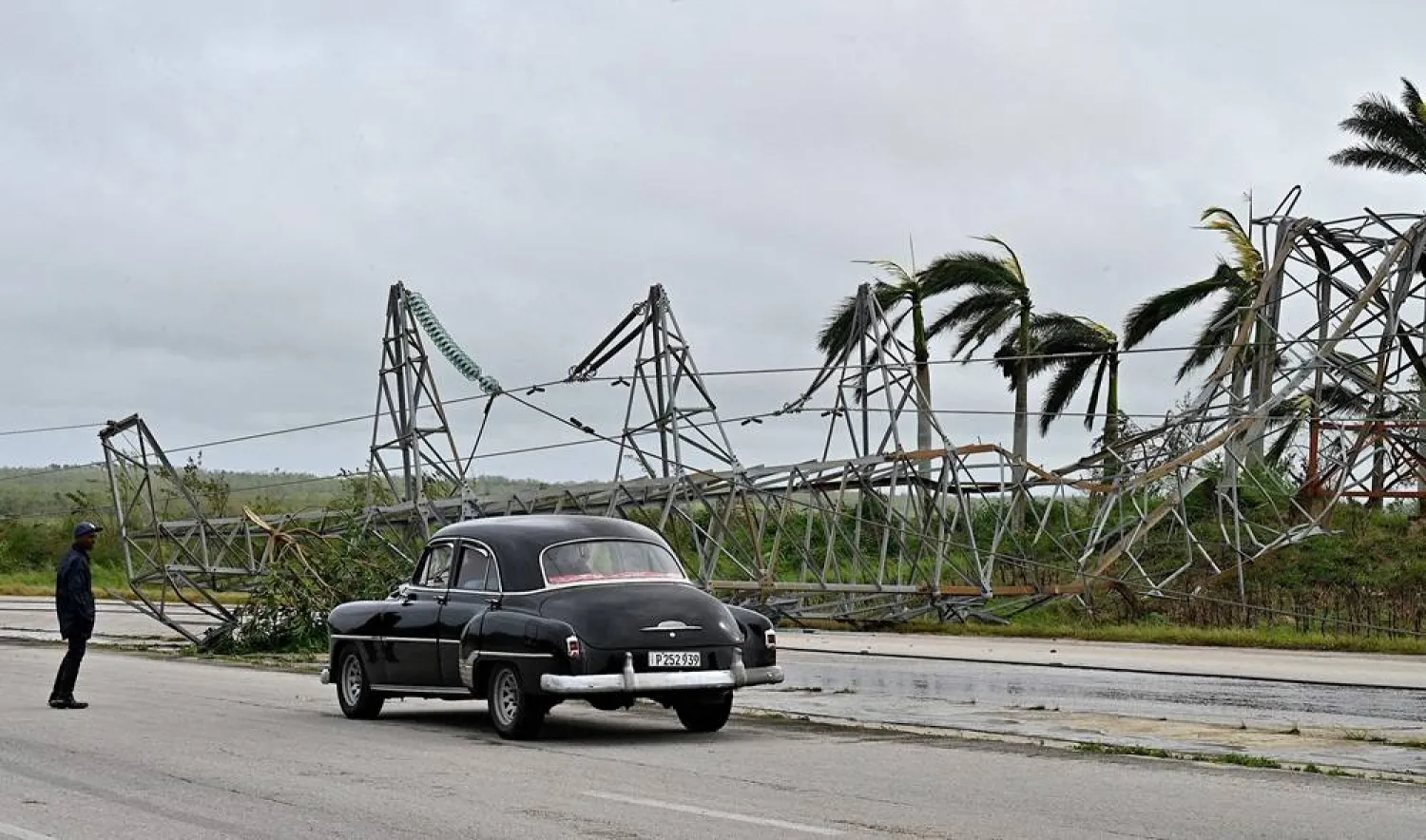A 6.8 magnitude earthquake rocked eastern Cuba on Sunday, according to the US Geological Survey, shaking buildings in Santiago de Cuba, the island's second-largest city, and the surrounding countryside.
The quake struck Cuba's southeastern coast in Granma province near the municipality of Bartolome Maso, the home of former Cuban leader Fidel Castro's headquarters during the Cuban Revolution.
Reuters spoke with several residents in the area who reported the quake felt as strong as any in their lifetimes. Homes and buildings shook violently, they said, and dishes rattled off shelves. Some damage was reported in Pilon, near the quake's epicenter.
Many of the region's homes and buildings are older and vulnerable.
The quake was at a depth of 14 km (8.7 miles), USGS said. The earthquake was earlier measured at a magnitude of 5.8, a figure that has been revised upwards.
The US National Tsunami Warning Center said there was no tsunami threat expected as a result of this quake.
The quake is the most recent in a string of natural disasters to strike Cuba.
Much of the eastern end of the island was ravaged by Hurricane Oscar in October. Last week, Cuba's national grid collapsed after Hurricane Rafael hit the western end of the island, leaving 10 million without power. Recovery efforts are still underway.
Rolling blackouts remain the norm across much of eastern Cuba, where Sunday's earthquake struck, complicating communications.
Most seismic activity in Cuba takes place in the region around Santiago. A fault line runs along the island's southeastern coast, marking the boundary between the North American plate and the Caribbean plate, according to Cuba's seismic service.
The Cuban capital of Havana was not affected by the quake.









